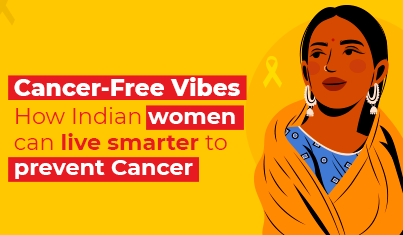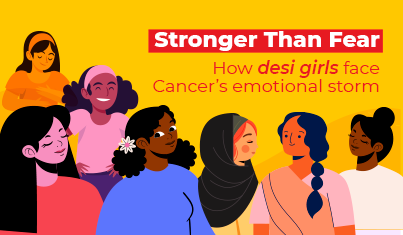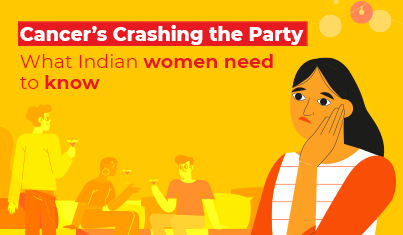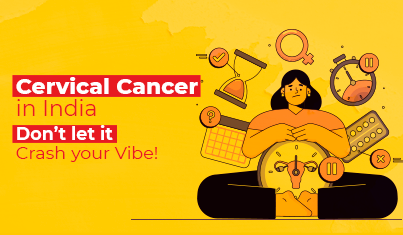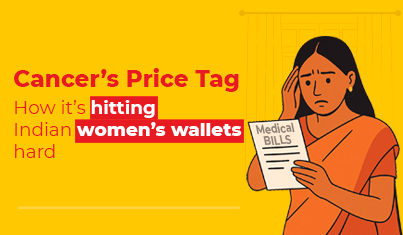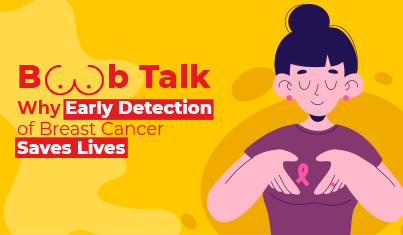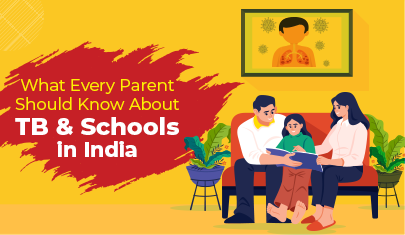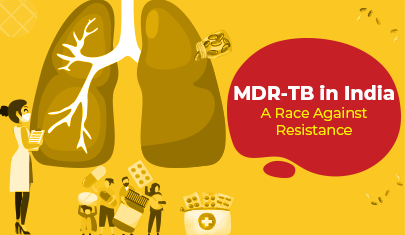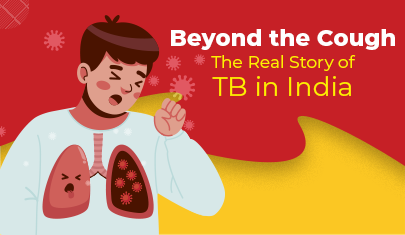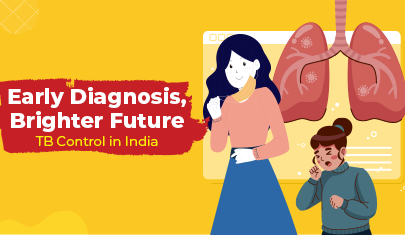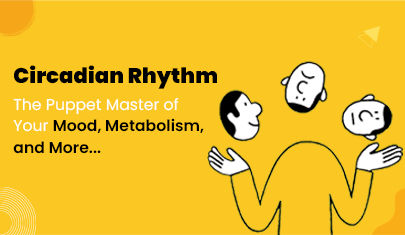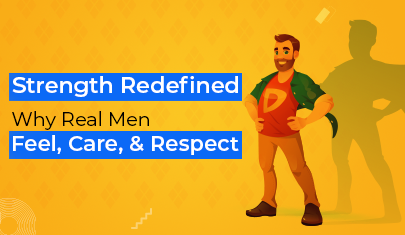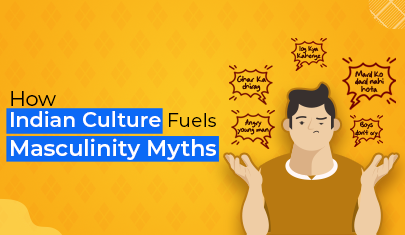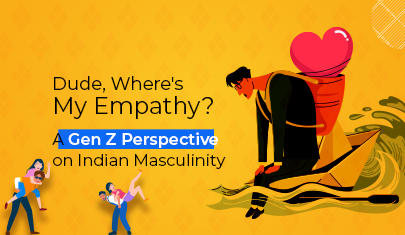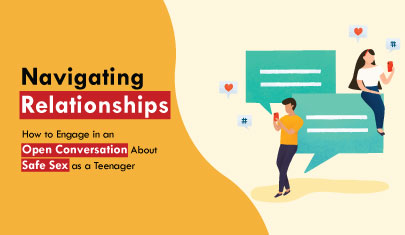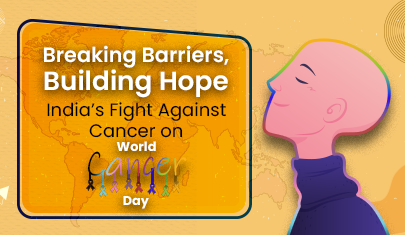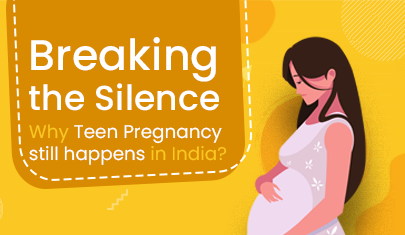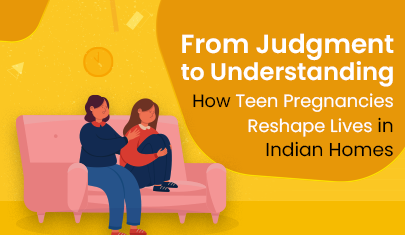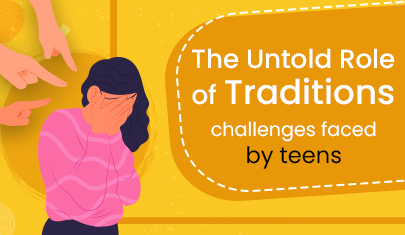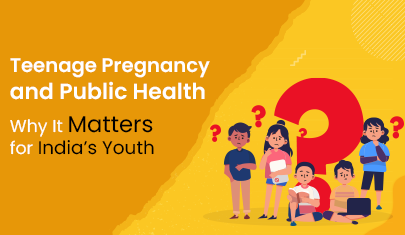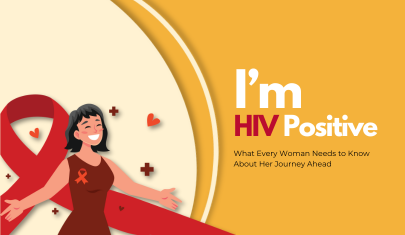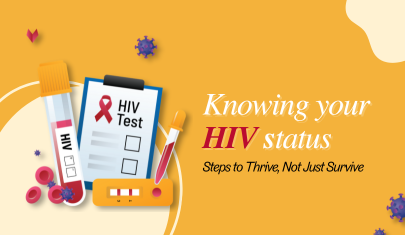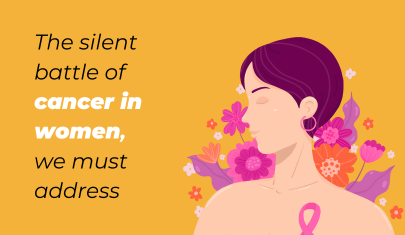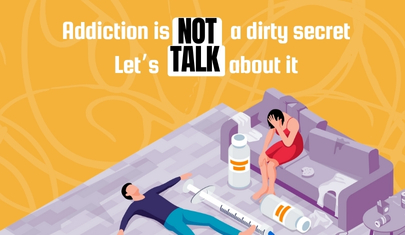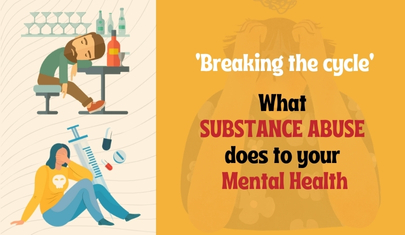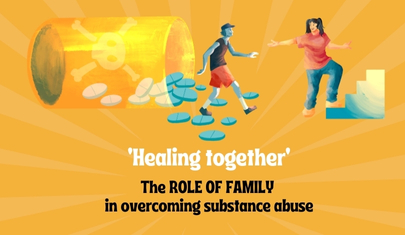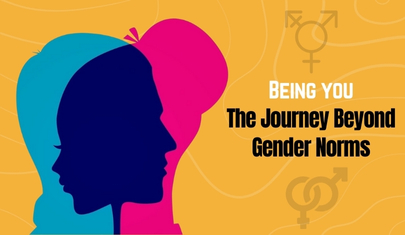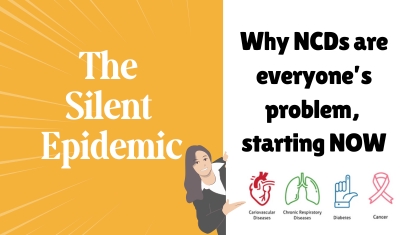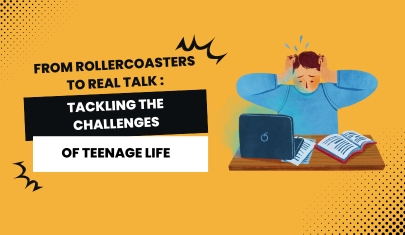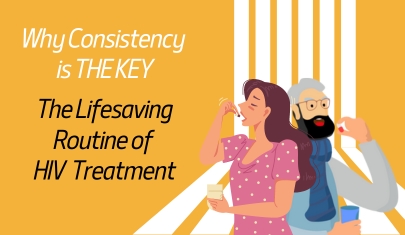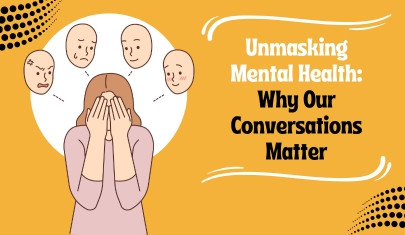General
The Silent Struggle: How Toxic Masculinity Impacts Men’s Mental Health in India
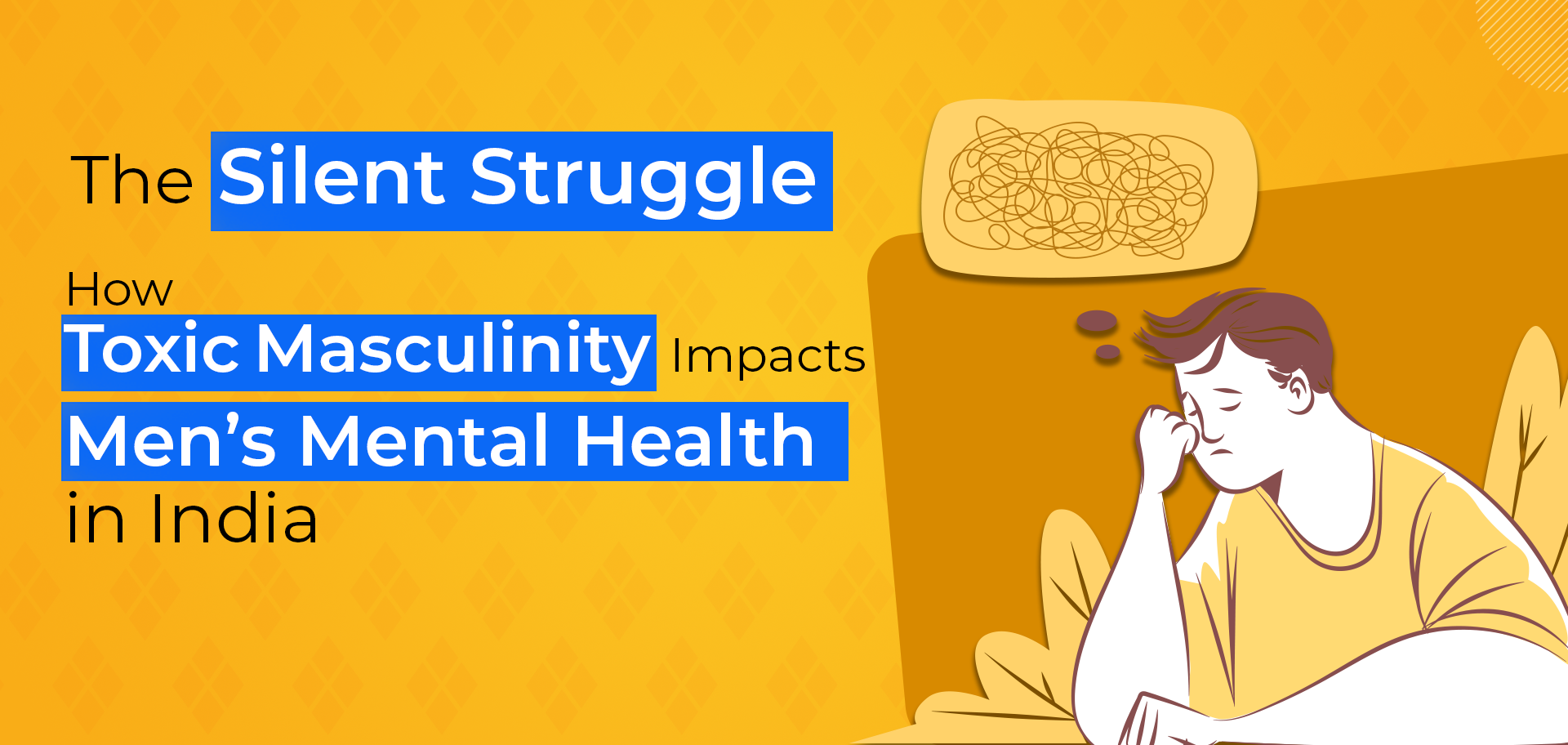
The Man, The Myth, The Mental Health Crisis
Hey there! Let's delve into a topic that often gets overlooked, hidden behind gruff voices, cricket stats, and “I’m fine” replies—men's mental health. In India, men are expected to be strong, stoic, and emotionally unflinching. Crying? That's reserved for Bollywood heroes after a dramatic climax, not for the average bloke navigating deadlines, family expectations, and heartbreaks. But here’s the truth: toxic masculinity doesn't just shape how society perceives men; it quietly undermines their mental wellbeing.
The Emotional Lockdown: Why Men Don’t Talk About Their Feelings
When toddlers, boys hear phrases such as “Mard ko rona nahi chahiye” or “Be a man!” These aren’t merely casual comments; they are emotional handcuffs. The message is clear: displaying vulnerability is seen as a weakness. But here’s the irony— as they grow, these toddlers learn to bottle true emotions of displaying vulnerabilities. It’s akin to shaking a soda bottle and expecting it not to burst or explode.
Pause and Think: Why is expressing sadness seen as weak but suppressing emotions considered strong? Isn’t true strength about facing your feelings head-on?
The Pressure Cooker: The Burden of Being the “Provider”
In many Indian households, the “man of the house” is expected to be the breadwinner, the problem solver, and the emotional rock. Whether he is a rural farmer or an urban IT professional, the pressure is palpable. This constant stress, coupled with the stigma surrounding help-seeking, contributes to anxiety, depression, and, in severe cases, even suicide.
Pause and Think: What if success wasn’t measured by a paycheck but by peace of mind? Would more men feel free to live life on their terms?
Friendships
in the Shallow End: Where’s the Depth?
Have you ever
noticed how many male friendships centre around activities rather than
emotions? Whether it's gully cricket, gaming, or discussing the latest Marvel
film, there’s often an unspoken rule: “Keep it light.” Unlike female
friendships, which frequently thrive on an emotional exchange, many men
struggle to find safe spaces to discuss their feelings without fear of
judgment.
Pause and Think: When did you last ask your male friend, “How are you, really?” And, more importantly, waited to hear the answer?
Mental Health Myths: It’s Not Just ‘In Your Head’
Mental health issues are often brushed off with dismissive advice like, “Go for a walk,” “Have some chai,” or the classic, “Think positive!” But depression isn’t cured by sunlight alone, and anxiety doesn’t vanish with a cup of tea. Mental health is as accurate as physical health, yet many men hesitate to seek professional help due to fear of being labelled as “weak” or “unstable.”
Pause and Think: If you wouldn’t ignore a broken leg, why ignore a broken heart or a stressed mind?
The Silent
Epidemic: Men and Suicide Rates in India
Here’s a sobering fact: According to the National Crime Records Bureau, Indian men account for most of the suicide cases annually. Many of these cases are tied to unaddressed mental health issues, societal pressures, and a lack of support systems. The stigma around mental health creates an environment where seeking help feels like admitting defeat—but it shouldn’t.
Pause and Think: What if asking for help was considered courageous instead of shameful? How many lives could be saved?
The Role
of Families: Breaking Generational Patterns
Indian families play a significant role in shaping men's perceptions of emotions. Fathers who are taught to suppress their feelings often pass the same lessons to their sons. But what if this cycle could be broken? Open conversations about mental health, emotional check-ins, and normalising vulnerability can foster healthier family dynamics.
Pause and Think: What if the most substantial thing a father could teach his son was not how to suppress emotions but how to embrace them?
What Can
We Do? Redefining Masculinity
- Normalise Conversations: Talking about mental health
should be as common as discussing the latest IPL match.
- Seek Help Without Shame: Therapy isn’t a luxury;
it’s healthcare. There’s strength in seeking support.
- Redefine “Manliness”: Being a man isn’t about
emotional suppression. It’s about authenticity, resilience, and
compassion—for others and yourself.
- Support Each Other: Friends aren’t just for parties and memes. Be the friend who listens without judgment.
Conclusion: The Courage to Be Vulnerable
Toxic masculinity teaches men to wear masks, but true strength lies in removing them. It’s time to redefine being a man—not through outdated stereotypes, but by embracing vulnerability, empathy, and emotional intelligence.
“You don’t have to be a superhero to be strong. Sometimes, saying 'I’m not okay' is the bravest thing you can do.”
YRGCARE:
We’re Here for You
At YRGCARE, we believe mental health is as important as physical health. If you’re struggling or know someone who is, reach out. Call us at 044-33125000 or connect online. Let’s break the silence, one conversation at a time.
With love and warmth
Team Communications YRG
Most viewed
#EndTheStigma #YRGCARE #MentalHealthAwareness #MentalHealthMatters #MentalHealthSupport #BreakTheSilence #YRGBlogs #EmotionalHealth #ToxicMasculinity #HealthyMasculinity #MensMentalHealth #RedefiningMasculinity #MenAndMentalHealth #EndMentalHealthStigma #MentalHealthInIndia #VulnerabilityIsStrength #MentalHealthForMen #SupportMensMentalHealth #MenTalkingMentalHealth #MaleMentalHealthAwareness #ToxicMasculinityAwareness #StopTheStigma




